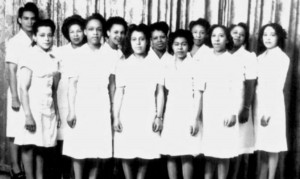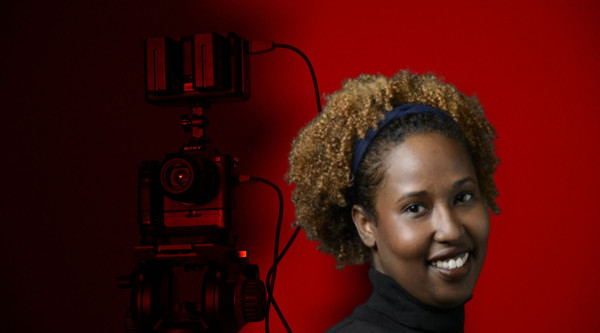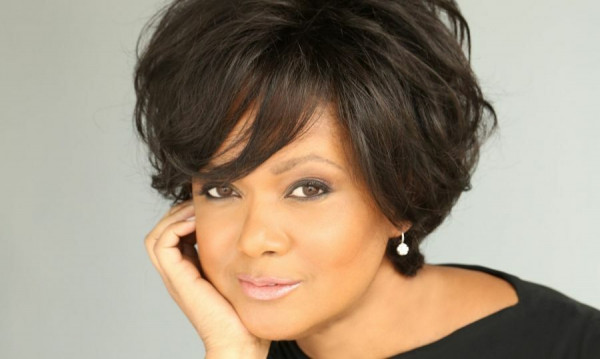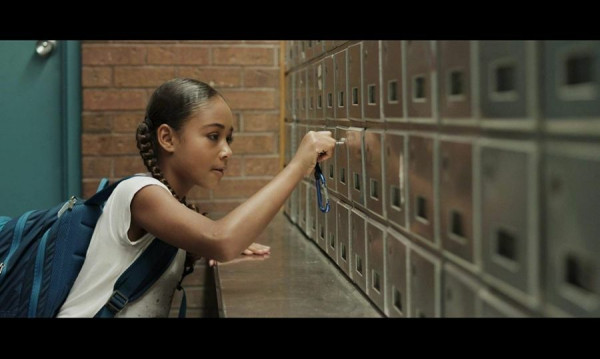about the history of the Jamaican Maroons. A veteran movie stuntman, Anderson has accumulated more than 400 production credits while working on such hits like The Dark Knight Rises, Bourne Ultimatum, and the Oscar-nominated Wolf of Wall Street. He is receiving the Reel World Trailblazer event for his work as a stunt man. He is quick to point out he has not given up working in films but Anderson has turned a huge corner recently and made the jump from in front of the camera to behind the camera... as a director.
How do you feel receiving the Trailblazer award?
It’s a big honour but it also means I’m getting older (laughs). I’m very excited to be receiving it, I feel it’s a validation of many years of work not only as a stunt man but now that I’ve transitioned into becoming a filmmaker myself, people are recognizing the value of what I am doing. And that feels great.
How difficult was it to go from stuntman to director?
It wasn’t that easy to be honest. When you’re a stuntman the next logistical step is to become a stunt coordinator... then a second unit director. Then as you go on you may become a director after many years but I guess I decided to skip a few steps. I’ve been in the industry for so long, I knew I could handle the set and whatever I didn’t know I just asked people who knew more than me. It was definitely nerve wracking because it was foreign territory. I had butterflies my first few times directing but as I said, I leaned on more experienced colleagues, and never let ego get in the way of progress.
Your first film Akwantu The Journey focuses on the history of the Maroons. Why was it important to you to tell a story about African history?
The short answer is that people are not telling our stories. I think the big reason is people don’t see it as marketable or commercial but I don’t agree. Many people have already studied the Maroons in great details but they have told the story through their own lenses. And as a Maroon from Jamaica myself, I felt it was important to impart those sensibilities.
There’s a thin line between using your personal experience to drive a film and letting it get in the way of the filmmaking process. Was that ever an issue for you?
It was very difficult actually. People who know me, know that I’m a very private person. I put myself out there in the film and it was a very vulnerable position. The film was a personal journey; it was my journey but that was only one sub plot. The greater story was of the Maroons and their great history. But I’m not sure if I would do that again for another film. For my next film I definitely will not immerse myself in it, because it’s highly emotional.
What was the most emotional part for you?
When I was in Ghana, walking in the footsteps of my ancestors. I went to where they took their last bath in the slave river. I went into the dungeon where they were shackled and I asked the guy to close the door just so I could get a sense of how it really felt. But let me tell you, I had to ask him to open it up within seconds. It was too overwhelming. I’m not even a superstitious person but I definitely felt something there, there’s no question about it.
What kept you going?
The film is a labour of love; I wasn’t going to let anything get in the way of making it. And now that it’s received so much critical acclaim, it’s very gratifying. It lets me know that I was on the right track and that I’m doing something that not only has educational value but historical and cultural value. I didn’t set out to form some kind of legacy with this film but I know it will live on after I’ve left this world. It is a profound teaching tool.
What are you working on now?
I didn’t intend for it to happen this way, but Akwantu sparked an entire film series about the Maroons. The next filmed installment exploring the Maroon experience in the New World is Queen Nanny: Legendary Maroon Chieftainess, a 1-hr documentary that sheds light on Jamaica's only female National Heroine. Principal photography begins summer 2014 in Jamaica. Nanny was one of the characters I touched on briefly in Akwantu, even though she is celebrated she is not highly recognized as one of the true heroines of the resistance history around the world. That’s what I’m trying to bring to the world; the underrepresented stories of people of African descent.
What does being able to tell the stories of the Maroons mean to you?
Well Maroons were enslaved Africans who ran off plantations and formed their own communities that were inaccessible to anyone else. They were not only in Jamaica, they were in Cuba, Brazil, Mexico, Belize, Suriname and even the United States. The fact they decided that even though they were physically in bondage, in their minds they were always free. I feel there is something very heroic in that. There’s a real sense of pride knowing these are my ancestors. Without knowing it, I think I became an activist filmmaker. I’m not trying to do anything radical, but I just want these stories to be told.
Roy Anderson’s New Jersey based production company is called Action 4 Reel FLIMworks... and no that’s not a typo :)
Click here to connect with Roy.
The 14th ReelWorld Film Festival, founded by 2-time Emmy nominated actress Tonya Williams, will be held in Toronto, April 2-6. Visit their website for more information.
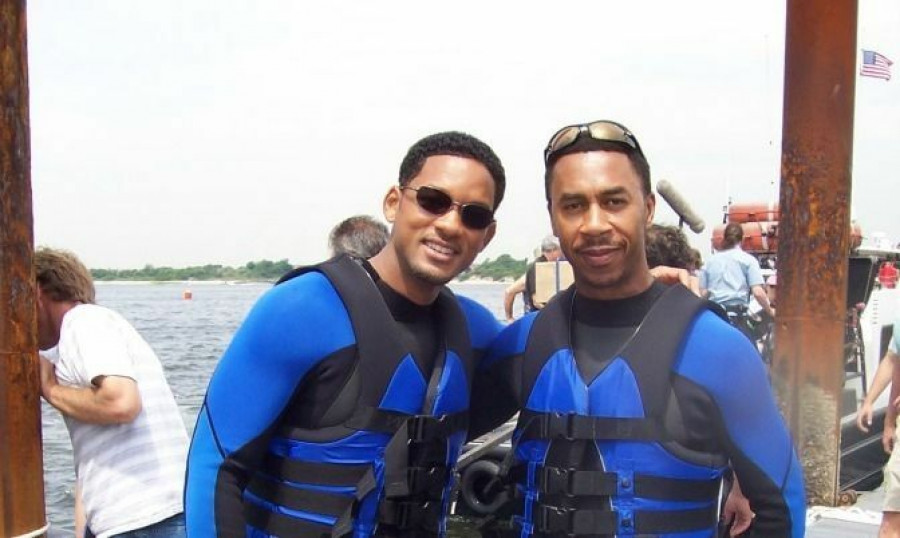
 By
By 

